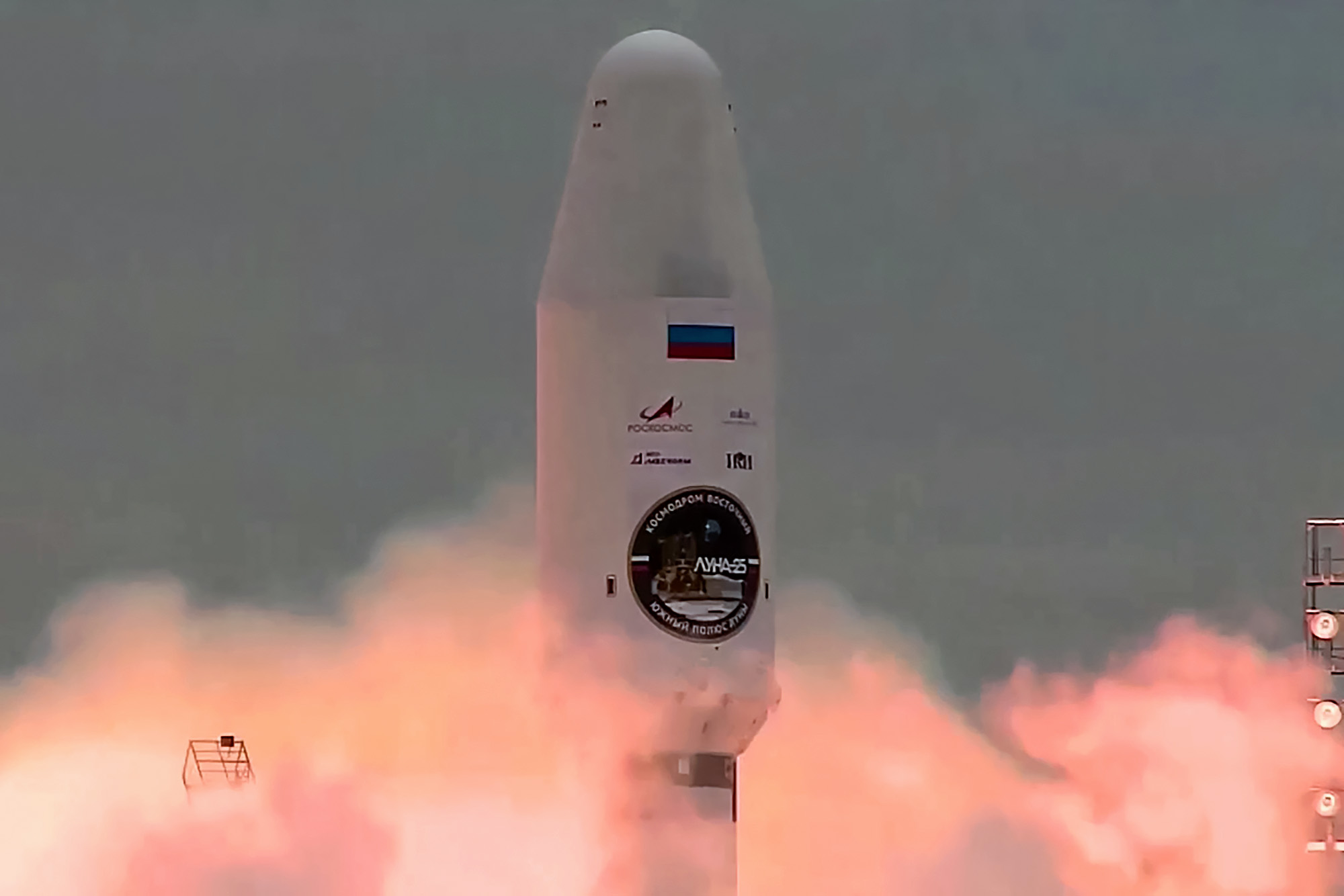

Roscosmos, Russia’s space agency, said it wants to show Russia “is a state capable of delivering a payload to the moon”, and “ensure Russia’s guaranteed access to the moon’s surface”.
“Study of the moon is not the goal,” said Vitaly Egorov, a popular Russian space analyst. “The goal is political competition between two superpowers – China and the USA – and a number of other countries which also want to claim the title of space superpower.”
The lunar south pole is of particular interest to scientists, who believe the permanently shadowed polar craters may contain water.
The frozen water in the rocks could be transformed by future explorers into air and rocket fuel, SCMP added.
“The moon is largely untouched and the whole history of the moon is written on its face,” said Ed Bloomer, an astronomer at Britain’s Royal Observatory, Greenwich. “It is pristine and like nothing you get on Earth. It is its own laboratory.”